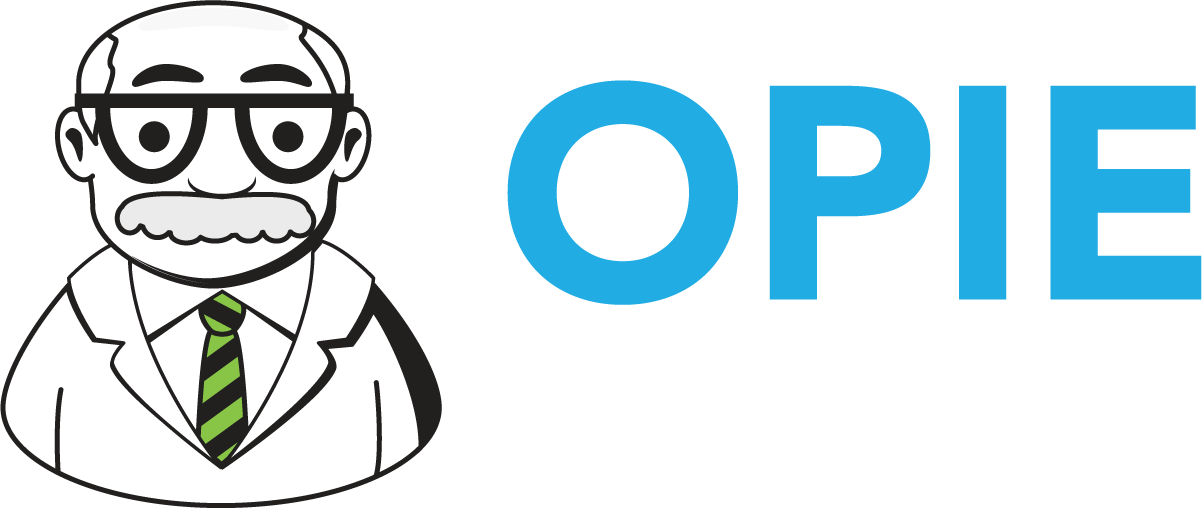What? Compassion AND Productivity?
Just before the end of last year, “Stan,” the owner of an O&P clinic, canceled his monthly staff meeting. He thought that since employees were scrambling to get deliveries out the door, they would welcome that extra hour. In the moment, his move was completely rational. But it backfired. One of his trusted team members told him that others were grumbling in the breakroom about how “Stan constantly puts numbers before people.” Stan thought, “I blew it. I thought I was being compassionate by removing some demands on their time. But with their pressure to deliver results, the message they heard was ‘keep your heads down.’”
This story illustrates the challenge of navigating the complex relationship between managers’ need to show compassion and drive performance. Most of us believe that real leadership entails compassion and accountability, but the results of a recent worldwide study suggest that achieving this kind of leadership is harder than ever. Society is creating extreme demands for compassion at a time when the economy is creating no room for compromising on outcomes. As a result, many leaders fall into the trap of thinking in terms of a binary choice between compassion or performance. They know that both are essential but are finding it hard to drive performance in a way that also maximizes support of their employees.
I believe most leaders think they have a good understanding of what matters most to the staff, but do they? Acting on poorly understood priorities is not only ineffective, but it can backfire when leaders’ actions suggest that they don’t understand what their people are wrestling with. As someone once said, “Tone-deaf compassion is more dangerous and costly than none at all.”
You will hear different stories based on how you seek information. Stan’s trusted employee shared some “water-cooler talk.” While valuable, it can have a tendency to take on a life of its own and become self-fulfilling. You will not get a deep understanding of specific employee experiences through gossip. I have mentioned in other blogs, you cannot fake sincerity. If you want people to think you care, then truly care. If you really don’t care, don’t pretend!
If you truly want to help your people grow and create an environment that fosters respect and accountability, a strategic, one-on-one conversation is ideal for understanding the complexity people face and conveying true compassion. You will use the information you learn from around the water cooler, combine that with your strategic needs and roll that all into a 1-1 where you and the employee agree on what will get done between now and the next 1-1.
Be thoughtful about how you combine the information and the plan to get the best result. And remember, this is a win-win opportunity. The focus is on the employee’s growth and the company benefit by having better employees and a healthy culture.

